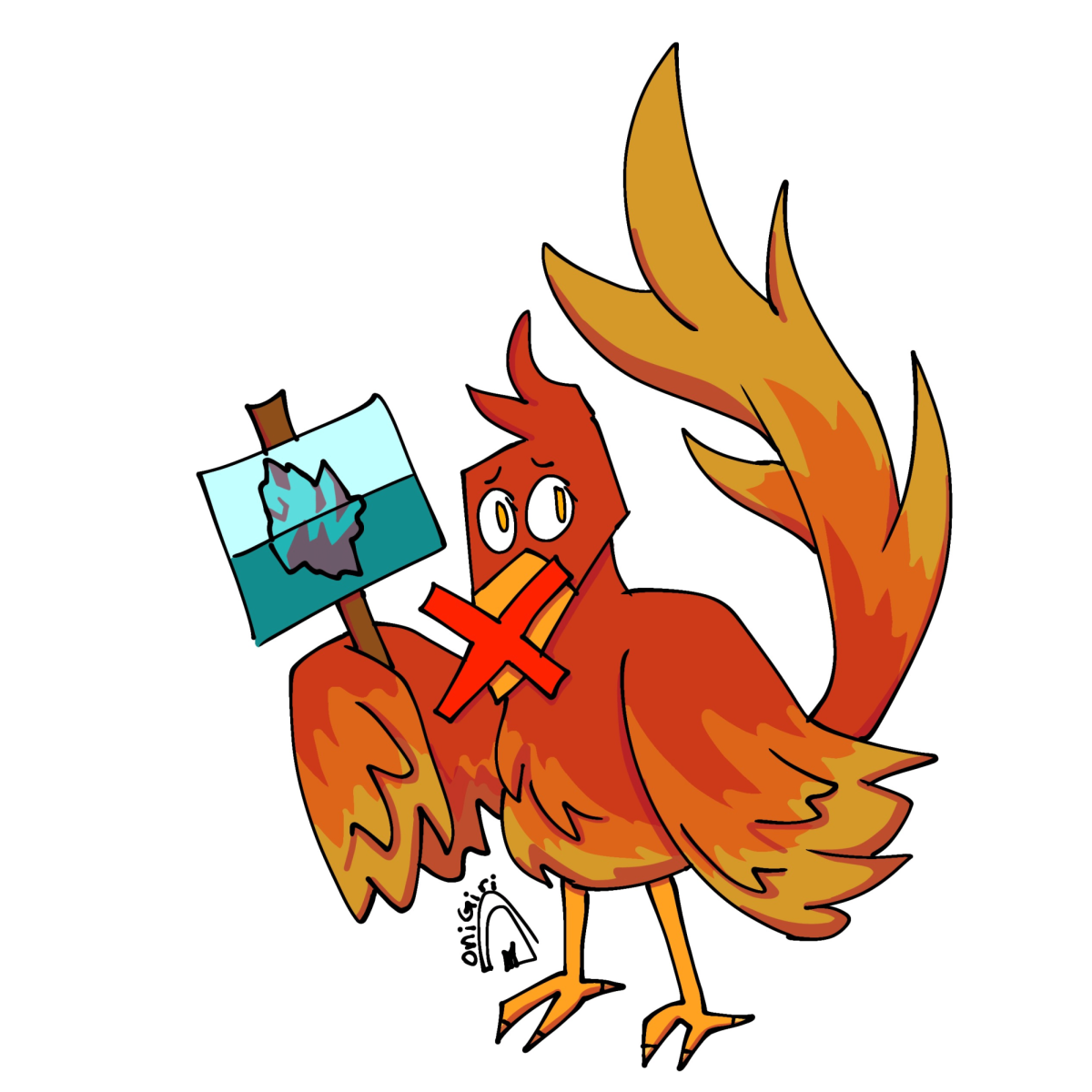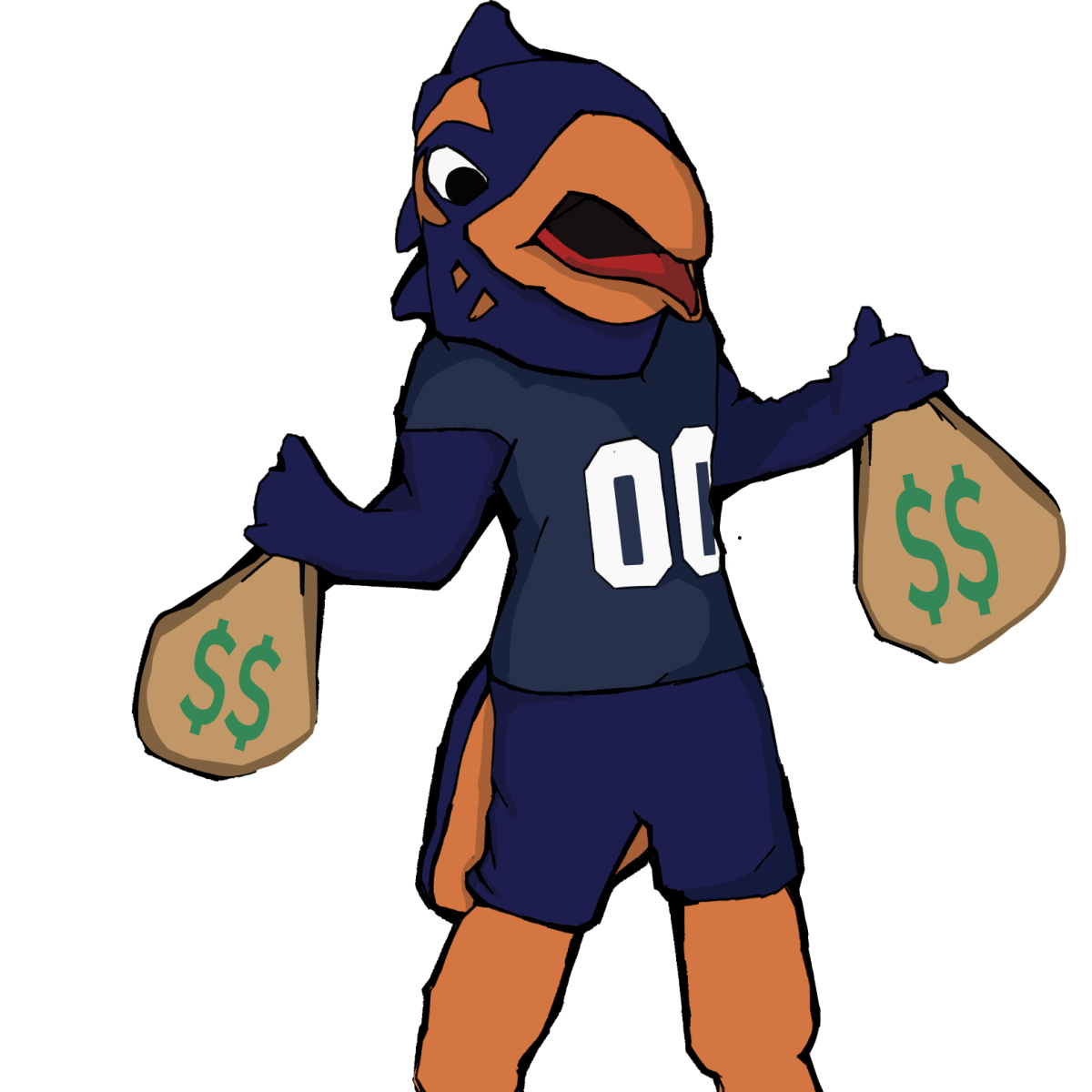I am a part of a minority, and minorities are often faced with judgement and scrutiny.
I am a vegan in southern Texas—the land of BBQ, unhealthy foods and habits. I abstain from all meat, dairy, cheese and honey.
Naturally, everyone asks the same question. Why?
I made this bold choice after a series of digestive issues, environmental reasons, ethical guilt and a desire to turn around my health before any family health issues arose.
My doctor expressed concern that my blood pressure was too high for only being 20-years-old, which also became a huge motivation to make a difference.
Emotionally, it hasn’t been an easy road living with my animal-product loving family. I was spared no shortage of mocking from select friends and family members.
A forewarning toward those who’ve made comments towards anyone’s dietary restrictions: we understand your jokes or comments were not meant to hurt, but your words still affect our emotions and psyche. As minorities in southern states, sustaining this diet is made all the more difficult by your comments.
My family expressed the typical derogatory jokes, insinuating that vegan foods would taste better “covered in butter” or “dipped in queso.” There was also the forced encouragement by friends and family to “just eat some meat” or “just use normal butter.”
Those with other dietary restrictions, including vegetarians, pescatarians or those with specific allergies can relate to these scenarios. These types of statements from those closest to us do hurt, no matter how harmless they may seem in the eye of the speaker.
Southerners are notorious for being firm on their beliefs—especially with food. Down south, food often includes mashed potatoes drenched in butter and cheese, battered and fried meats and the occasional fried dessert.
I used to consume and cook these foods regularly, but after a change in my beliefs, I found myself in a wave of judgement for my “radical” choices. A statement that has followed me around is, “but you used to eat like this all the time.” I may have, but people change.
When a group of friends or family members offer to take you out to dinner, your dietary needs are often kept out of the conversation. They may be simply forgetting this, or choosing to ignore it.
Our diets can inhibit us from ordering typical food at a restaurant, since most restaurant foods often revolve around meat or cheese. The way an individual eats is often seen in a one-dimensional view, as though all people eat the same way. This can harm the mind of those with dietary restrictions, brainwashing them to believe they are the individual in the wrong.
Everyone recognizes the exact moment they make unhealthy food choices, and the tormenting thought that they should be making healthier choices. Yet, instead of changing their current eating habits and educating themselves on what their current diet is doing to their health, they mock those who’ve achieved a healthier standard of eating.
When confronted with education on how their diet effects their body, they often completely dismiss the facts. Many individuals do not want to confront the reality of how their food is sourced, its impact on the environment and most importantly how it affects their health.
I may sound like a crazy millennial, complaining about a small issue that is on no one’s radar, yet it is a concern that often occupies my mind. If nothing is ever said or discussed, then no change will ever take place. I am not some radical hippie, out on some insane vendetta. I’m offering a different perspective on how you can view the diet of vegans, vegetarians, pescatarians and others with allergies or restrictions. We would much rather be understood than mocked for our personal choices.
The next time you encounter someone who differs from the standard western diet, refrain from hurtful jokes or comments and offer to learn about their reasoning for their unique diet. Offer your ears a fresh perspective and leave your firm beliefs at the door.











